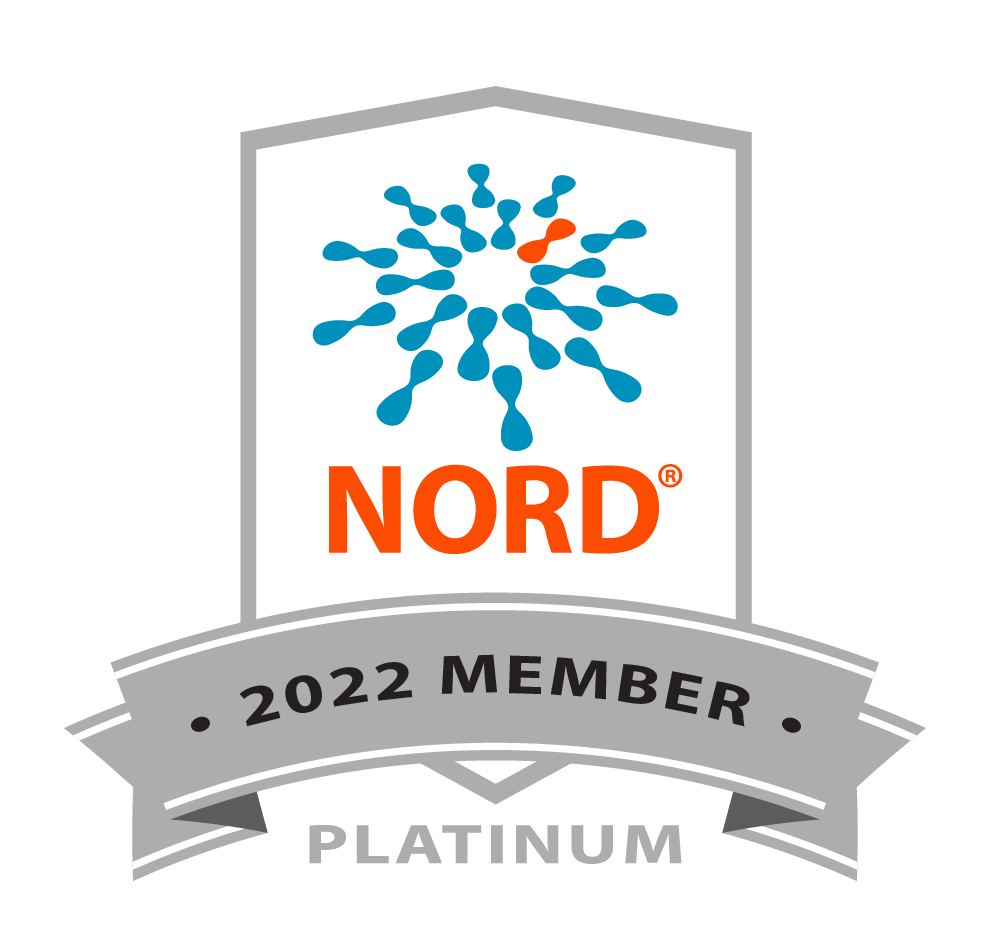– Initiates first-in-human trial of next-wave AAT corrector, VX-634
– Phase 2 study evaluating the impact of longer-term treatment with VX-864 to be initiated in the coming weeks
– Additional AAT correctors to enter the clinic starting in 2023
“The Alpha-1 Foundation is excited to note Vertex’s recent announcement of their expansion of their Alpha-1-antitrypsin corrector molecule program for the treatment of alpha-1-antitrypsin deficient individuals. Alpha-1-antitrypsin deficiency is a conformational disorder associated with mis-folding of the alpha-1-antitrypsin protein and their approach shares similarities with Vertex’s corrector molecules that have been life altering for individuals with cystic fibrosis. The Foundation looks forward to partnering with Vertex on behalf of patients to help advance their corrector molecule therapies for alpha-1-antitrypsin deficient individuals,” state Dr. Mark Brantly, Alpha-1 Foundation Scientific Director.
OCTOBER 11, 2022
BOSTON–(BUSINESS WIRE)–Vertex Pharmaceuticals Incorporated (Nasdaq: VRTX) today announced the advancement of its investigational program targeting alpha-1 antitrypsin deficiency (AATD), a rare, genetic disease characterized by a protein folding defect that can lead to liver and lung disease.
Vertex announced that the U.S. Food and Drug Administration (FDA) has cleared the Investigational New Drug (IND) Application for VX-634 enabling the company to initiate a first-in-human clinical trial for this small molecule AAT corrector in healthy volunteers. VX-634 is the first in a series of next-wave molecules under investigation with significantly improved potency and drug-like properties compared to previous Vertex AAT correctors, allowing potential exploration of the full dose response.
Additionally, Vertex will initiate a 48-week Phase 2 study of VX-864, a first-generation AAT corrector, to assess the impact of longer-term treatment on polymer clearance from the liver, as well as the resultant levels of functional AAT (fAAT) in the plasma. The hypothesis that VX-864 may clear liver polymer stems from recently concluded exploratory analyses from the original 28-day Phase 2 study, which showed VX-864 treatment reduced levels of Z-polymer in the blood of AATD patients by an average of approximately 90% from baseline by day 28 at the highest dose. The previous Phase 2 study of VX-864 showed the AAT corrector was generally well-tolerated and demonstrated proof-of-mechanism, with increases in fAAT in the plasma over the 28-day study period. However, the magnitude of treatment effect was insufficient to advance it to pivotal development. In addition, the prior Phase 2 study did not address the effects of VX-864 therapy on the levels of liver polymer, an important clinical endpoint. The current study is being conducted to determine if longer-term treatment with VX-864 will result in liver polymer clearance and, if so, whether longer term treatment might also result in greater increases in plasma fAAT levels.
“AATD is a serious disease aligned to our research and development strategy, and we remain committed to developing transformative small molecule medicines for patients with AATD with the aim of addressing both the liver and lung manifestations of this disease,” said David Altshuler, M.D., Ph.D., Vertex’s Executive Vice President, Global Research, and Chief Scientific Officer. “By simultaneously advancing new, more potent molecules into the clinic and assessing the impact of longer-duration treatment, we expect to have both the assets and the data necessary to progress our AAT corrector program in 2023.”
Consistent with its portfolio approach for all programs, Vertex is bringing forward additional next-wave AAT correctors, with the next molecules expected to enter the clinic starting in 2023.
About Alpha-1 Antitrypsin Deficiency
AATD is a rare, genetic disease characterized by a protein folding defect which can lead to liver and lung disease. AATD is caused by changes in the SERPINA1 gene that encodes the AAT protein. In the most common form of AATD, which occurs in people with a PiZZ genotype, these changes to SERPINA1 cause the body to produce misfolded AAT protein that gets trapped inside the liver, where most AAT is made. This leads to low levels of AAT protein in the blood. Low blood levels of AAT can allow inflammation to proceed unchecked and damage the lungs. The accumulation of defective AAT in the liver can also lead to liver disease. There is currently no cure for AATD. There are also no treatments that target the underlying protein folding defect that is the cause of the disease.
About VX-634
VX-634 is an investigational small molecule that promotes proper folding of Z-AAT protein and is being evaluated for the treatment of alpha-1 antitrypsin deficiency. VX22-634-001 is a Phase 1, first-in-human, single and multiple-ascending dose study of VX-634 in healthy participants. The key endpoints will be safety, tolerability and pharmacokinetics of VX-634.
About the VX-864 Phase 2 48-Week Study in People With AATD
This is a Phase 2, 48-week open-label study of the efficacy and safety of VX-864 in approximately twenty participants with AATD and the PiZZ genotype. All participants will receive 500 mg of VX-864 every 12 hours for 48 weeks and undergo periodic clinical assessments. Ten participants will undergo a liver biopsy before receiving VX-864 and will undergo a second liver biopsy at either Week 24 or Week 48. The primary endpoint will be the mean change from baseline in blood levels of functional alpha-1 antitrypsin at Week 48.
CLICK HERE TO VIEW FULL ARTICLE.











